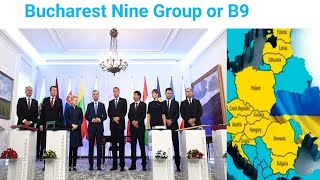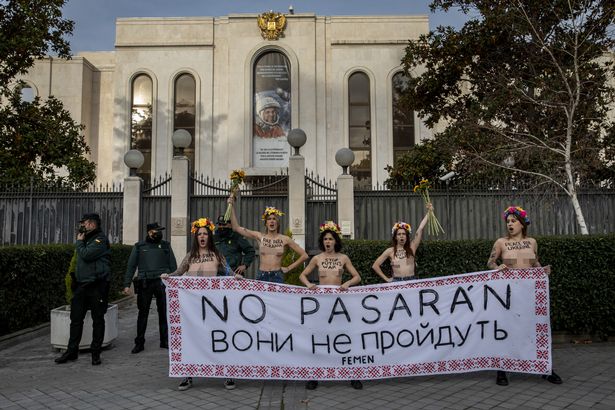Watchdog Urges Ukraine To Stop Posting Footage Of Russian Captives

New York, March 17: An international human rights watchdog said on Thursday that distributing footage of captive soldiers violates their rights and urged the Ukrainian authorities to stop posting videos of Russian military personnel being held hostage.
“Ukrainian authorities should stop posting… videos of captured Russian soldiers that expose them to public curiosity, in particular those that show them being humiliated or intimidated,” the Human Rights Watch (HRW) said in a statement.
The watchdog stressed that such treatment of prisoners of war (POWs) contravenes the protection afforded by the Geneva Convention, which was established to ensure that captured combatants are treated with dignity on all sides.
“The obligation to protect POWs from being objects of public curiosity, as well as protecting them from intimidation or humiliation, is part of the broader requirement to ensure their humane treatment and protect their families from harm,” Senior Legal Advisor at HRW Aisling Reidy said.
On March 10, HRW addressed the Ukrainian security services, raising concerns over the posting of images and videos of Russian detainees and asking about the steps that the authorities would take to ensure that POWs were treated in accordance with the Geneva Convention. As of now, the inquiry remains unanswered.
According to HRW, various accounts the Ukrainian security services have posted dozens of footage with captured Russian soldiers; some video exhibits captives being interrogated while bound. Most of the soldiers clearly show their faces, provide their names or other personal information, such as dates of birth and parents’ names.
The Third Geneva Convention, enacted in 1929, aims to uphold the rights of POWs, stipulating that they must be treated humanely and be protected from any act of violence as well as from intimidation, insults and “public curiosity.” The latter includes the disclosure of photographs or video recordings, recordings of interrogations, private conversations, personal correspondence, or any other private data.






